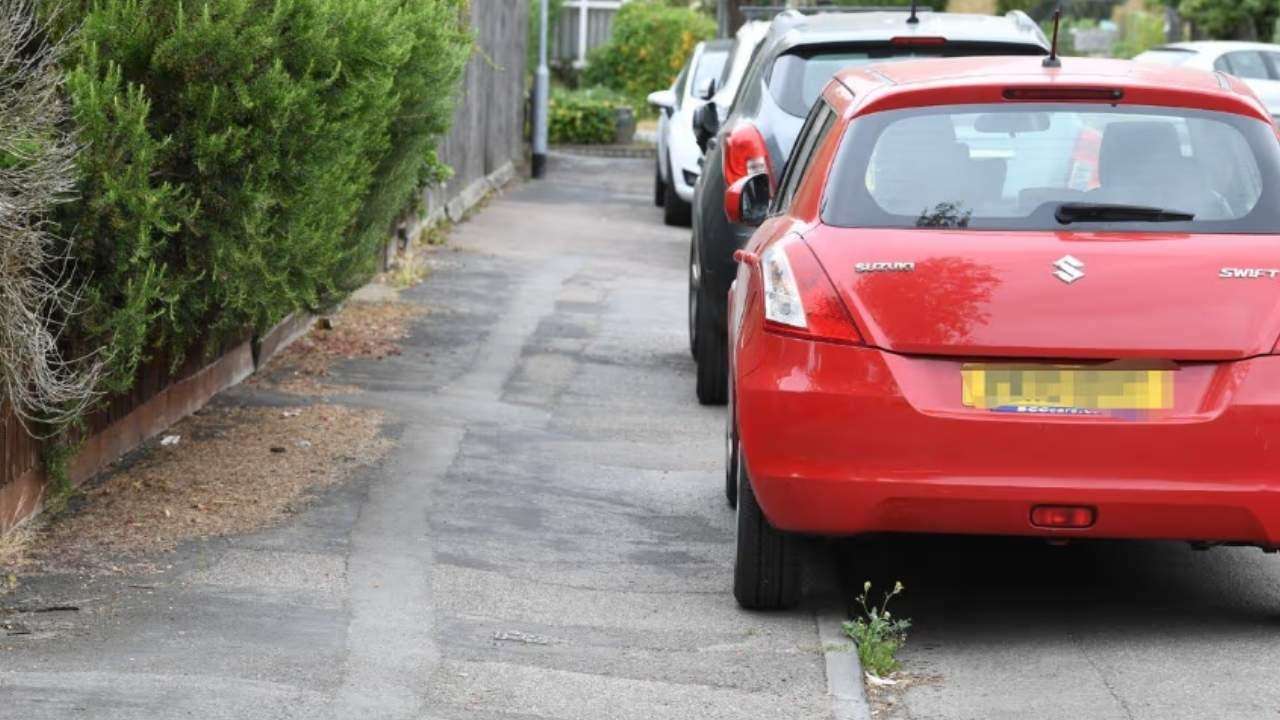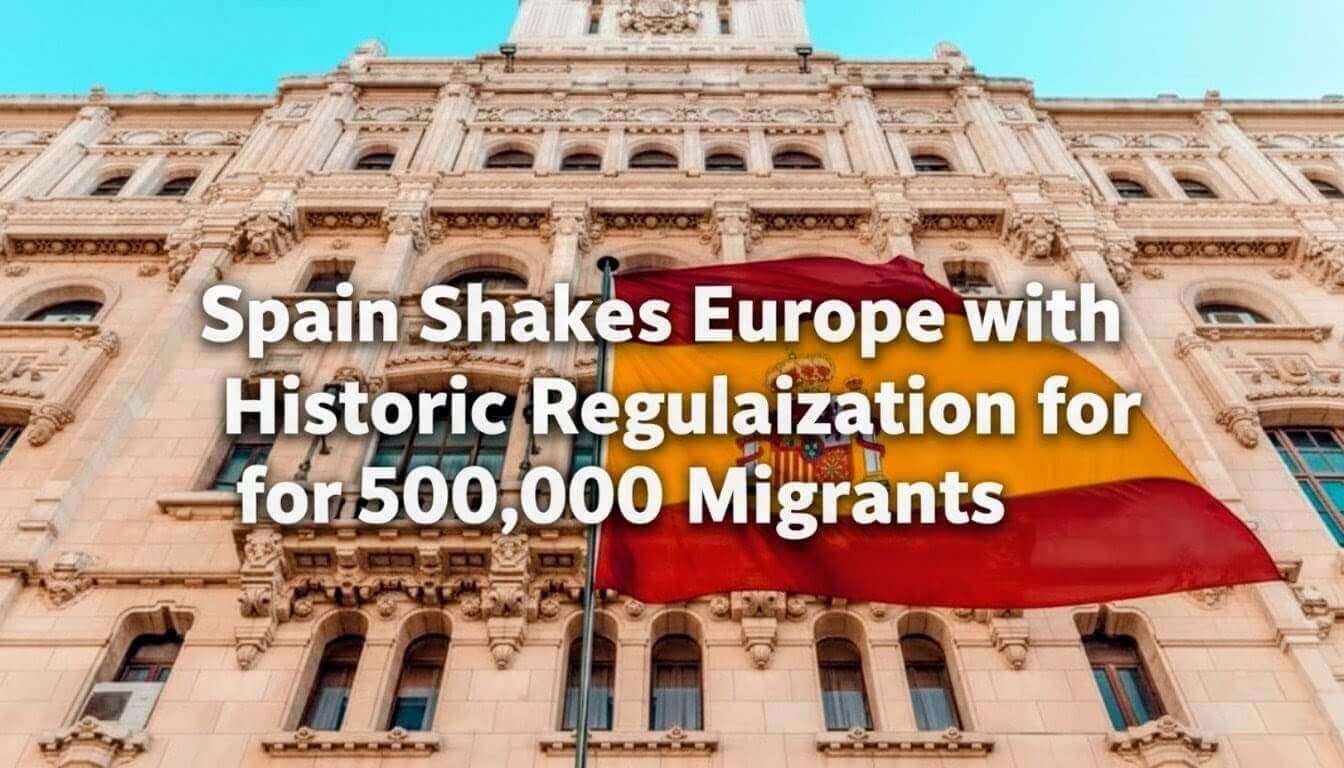In a historic dismantling of Britain’s immigration framework, Home Secretary Shabana Mahmood has unveiled the "Earned Settlement" system, a controversial three-tier structure designed to make the UK’s model the most selective in Europe by explicitly linking residency rights to financial contribution. While the new policy introduces a "Fast Track" three-year settlement for high earners and top talent, and preserves the five-year route for NHS doctors, families of Britons, and Hong Kong BN(O)s, it condemns low-paid workers—including those on Health & Social Care visas—to a punitive fifteen-year wait, with recognized refugees and those reliant on benefits facing twenty years, and illegal migrants up to thirty years. Crucially, these changes will apply retrospectively to nearly 2 million migrants who arrived from 2021 to curb the projected 1.6 million settlements by 2030, though "discounts" on waiting times may be granted for volunteering or high-standard English. In a landmark shift further tightening the public purse, the White Paper also proposes restricting access to benefits and social housing exclusively to full British citizens rather than those with settled status, cementing a system that critics argue prioritizes wealth over integration and is likely to trigger immediate legal challenges regarding the retrospective penalization of essential workers.
In a historic dismantling of Britain’s immigration framework, Home Secretary Shabana Mahmood has today unveiled the "Earned Settlement" system, a controversial new three-tier legal structure that explicitly links the right to live in the UK with financial wealth. The announcement, which effectively abolishes the standard five-year route to Indefinite Leave to Remain for thousands, creates a fast lane for the rich while condemning low-paid essential workers to a fifteen-year wait for stability, Daily Dazzling Dawn realized.
The End of the Five-Year Norm-For decades, five years of residency was the golden standard for migrants seeking to call Britain home permanently. Today’s White Paper shreds that precedent. Under the new "Earned Settlement" model, the government has introduced a stratified system where time is no longer the only currency—money is. At the top of this hierarchy sits the new "Fast Track" route, a red-carpet lane reserved exclusively for what the Home Office terms the "brightest and best."
For the first time, select migrants can claim permanent settlement after just three years, slashing the previous wait time by forty percent. However, this privilege is strictly gatekept by income. Only those earning above the top-rate tax threshold—roughly £125,000 annually—alongside holders of Global Talent and Innovator Founder visas will qualify. The policy sends an unmistakable message that the UK is prioritizing immediate fiscal contribution over long-term integration, rewarding high-net-worth individuals with the fastest route to citizenship in Europe.
A "Standard" Route That Is No Longer Standard-Beneath the elite tier lies the "Standard Route," which preserves the five-year timeline but restricts it to a shrinking list of protected groups. NHS doctors and nurses have been carved out of the harsher new rules, a decision that acknowledges the health service’s existential reliance on international staff. Similarly, spouses of British citizens and those arriving under the Hong Kong BN(O) scheme will continue to qualify after five years, shielding them from the punitive extensions seen elsewhere. For skilled public sector workers, the status quo remains, offering a rare island of stability in a sea of legislative change.
The 15-Year Wait for Care Workers-The most explosive element of the announcement is the creation of the "Long Paths," a punitive tier that effectively traps lower-income migrants in a state of temporary residency for decades. In a move that has already drawn sharp condemnation from unions, low-paid immigrants—specifically including the thousands of Health & Care visa holders recruited to staff nursing homes—must now wait fifteen years before they can apply for settlement.
This policy creates a stark divide within the NHS workforce itself: while doctors can settle in five years, the care assistants working alongside them face a wait three times as long. The timeline stretches even further for those who fall on hard times; migrants deemed "reliant on benefits" for more than twelve months will face a twenty-year route to settlement. At the extreme end of the spectrum, the government has introduced a thirty-year path for visa overstayers and those with no legal right to be in the UK, a timeframe so long it effectively removes the prospect of settlement for an entire generation.
Exemptions and Legal Battles Ahead-Despite the sweeping nature of these reforms, the Home Office has confirmed that EU and EEA citizens protected by the Brexit withdrawal agreement are exempt from this tiered structure. Their rights to settle continue to be governed by the pre-existing EU Settlement Scheme, ensuring they are not retroactively penalized. However, for non-European migrants, the window to apply under the old rules is closing rapidly.
The announcement is expected to trigger immediate legal challenges, particularly regarding the retrospective application of the fifteen-year rule to workers who arrived under different terms. As Parliament prepares to debate the legislation, the UK has fundamentally redefined its welcome: quick for the wealthy, standard for the protected, and remarkably distant for the rest.
Read more- How Mahmood Crushed Reform UK to become the First Muslim PM Favorite








.svg)


.jpg)